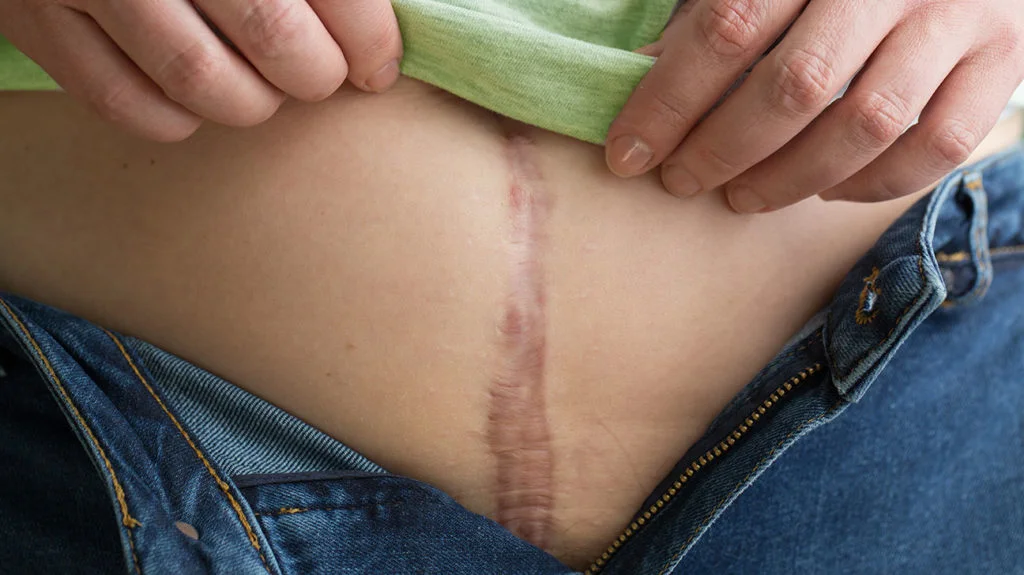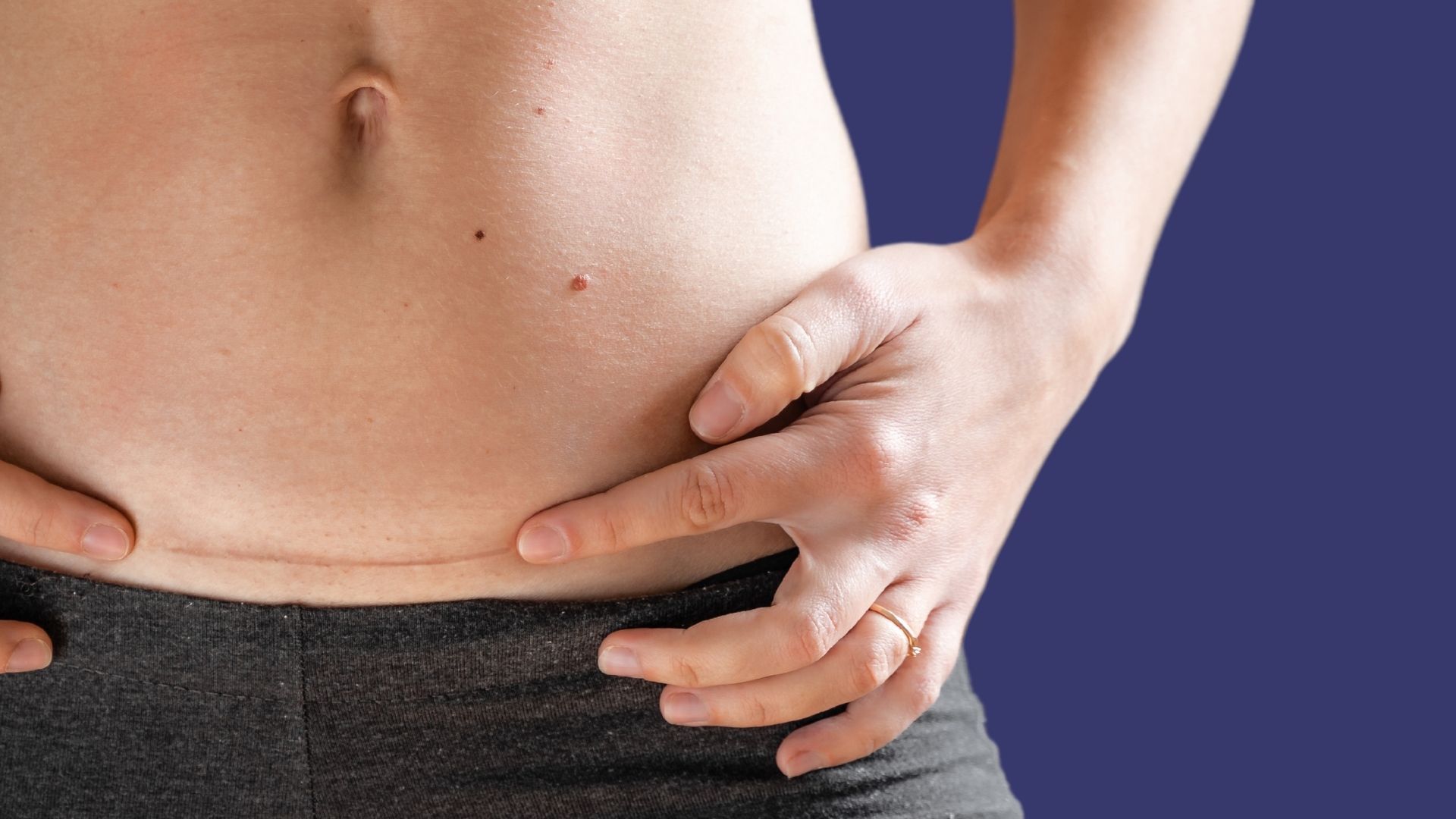Contents
Signs Of Menopause After Hysterectomy
After a hysterectomy, especially if the ovaries are removed (a procedure known as oophorectomy), many women may experience signs of menopause immediately or soon after the surgery. This abrupt onset is often referred to as surgical menopause. Here are some common signs of menopause that may occur after a hysterectomy:
1. Hot Flashes
These are sudden feelings of warmth, typically most intense over the face, neck, and chest, which can lead to sweating and chills.
2. Night Sweats
Similar to hot flashes, night sweats can severely disrupt sleep, as they often occur during the night.
3. Vaginal Dryness
Reduced estrogen levels can lead to decreased moisture in the vaginal walls, causing discomfort and irritation, especially during intercourse.
4. Mood Changes
Many women report feelings of irritability, anxiety, or depression after undergoing a hysterectomy, which can be linked to hormonal changes.

5. Sleep Disturbances
Apart from night sweats, other sleep problems such as insomnia may occur, affecting overall sleep quality and daily energy levels.
6. Decreased Libido
The hormonal changes following the removal of the ovaries can also lead to a reduced interest in sexual activity.
What Are The Stages Of Menopause After A Hysterectomy?
Menopause typically progresses through several stages, but after a hysterectomy, especially if the ovaries are also removed, the transition can occur abruptly, bypassing the usual stages. Here’s how menopause generally unfolds and what might change after a hysterectomy:
Natural Menopause Stages
-
Perimenopause: This stage can begin several years before menopause, as estrogen levels gradually decline. Women might experience irregular menstrual cycles, hot flashes, sleep disturbances, and mood swings.
-
Menopause: Officially diagnosed after 12 consecutive months without a menstrual period, marking the end of reproductive years.
-
Postmenopause: This phase follows menopause and lasts for the rest of a woman’s life. Hormone levels stabilize at a lower level, and some symptoms of menopause might lessen, though health risks associated with the loss of estrogen increase.

Menopause After Hysterectomy
If a hysterectomy involves the removal of the ovaries (bilateral oophorectomy), menopause begins immediately after the surgery because the body’s main source of estrogen and progesterone is gone. This is known as surgical menopause. If only the uterus is removed and the ovaries are left intact, you might not enter menopause immediately, but you could experience it earlier than the average age. The stages after such a surgery are:
-
Immediate Onset of Menopausal Symptoms: Hot flashes, night sweats, vaginal dryness, and mood changes can start right after surgery if the ovaries are removed.
-
Management Phase: Since surgical menopause causes a sudden drop in hormone levels, symptoms can be more severe. Management might involve hormone replacement therapy (HRT) or other treatments to alleviate symptoms and manage long-term health risks like osteoporosis and cardiovascular disease.
Does Everyone Go Through Menopause After A Hysterectomy?
No, not everyone goes through menopause after a hysterectomy. It depends on whether your ovaries are removed during the surgery.

Ovaries removed (oophorectomy): If your ovaries are taken out along with the uterus, this triggers immediate surgical menopause. This happens because the ovaries produce estrogen, and without them, your body’s estrogen levels drop significantly.
Ovaries remain intact: If your doctor leaves your ovaries in place, you likely won’t experience menopause right away. You’ll still have periods and may not experience menopausal symptoms until your natural menopause arrives (typically in your 40s or early 50s). However, there are a couple of other possibilities:
- Temporary symptoms: In some cases, the surgery can disrupt blood flow to the ovaries temporarily, leading to short-lived menopausal symptoms that subside as you heal.
- Early menopause: Rarely, the surgery might trigger early natural menopause, causing your ovaries to stop functioning a few years earlier than expected.
Managing Menopause Symptoms After Hysterectomy
After a hysterectomy, if your ovaries are removed, you’ll experience surgical menopause. This happens because the ovaries are responsible for producing estrogen, and without them, your body’s estrogen levels plummet. This sudden drop can trigger a range of menopausal symptoms. Here’s how you can manage them:

1. Hormone Replacement Therapy (HRT)
This is the most common approach for managing menopausal symptoms after a hysterectomy since your uterus is no longer present. HRT replaces the missing estrogen and can alleviate symptoms like hot flashes, night sweats, vaginal dryness, and mood swings. There are different types of HRT, including pills, patches, creams, and vaginal rings. Your doctor will discuss the best option for you based on your individual needs and medical history.
2. Non-Hormonal Therapies
If you’re not a candidate for HRT or prefer a non-hormonal approach, there are other options:
- Selective serotonin reuptake inhibitors (SSRIs): These antidepressants can help with mood swings, hot flashes, and sleep problems.
- Vaginal moisturizers and lubricants: These can help alleviate vaginal dryness and discomfort during intercourse.
- Over-the-counter pain relievers: Can help manage headaches and muscle aches sometimes associated with menopause.
3. Lifestyle Changes
Certain lifestyle changes can significantly improve your experience during menopause:
- Diet: A balanced diet rich in fruits, vegetables, and whole grains can help manage weight gain and improve overall health.
- Exercise: Regular physical activity, including weight-bearing exercises, can help with hot flashes, sleep, mood, and bone health.
- Stress management: Techniques like yoga, meditation, and deep breathing can help manage stress and improve sleep quality, both of which can worsen menopausal symptoms.
- Staying cool: Wearing loose, breathable clothing, keeping your bedroom cool at night, and using a fan can help manage hot flashes.
- Limiting triggers: Spicy foods, caffeine, and alcohol can exacerbate hot flashes, so consider reducing your intake.
4. Bone Health
Estrogen plays a crucial role in bone health. After a hysterectomy with ovary removal, your risk of osteoporosis increases. Your doctor might recommend calcium and vitamin D supplements or medications to protect your bone health.
5. Emotional Well-being
Menopause can be an emotionally challenging time. Don’t hesitate to seek emotional support through therapy or support groups. Talking to other women going through menopause can be very helpful.
Frequently Asked Questions
What is the impact of a partial hysterectomy on menopause?
Partial hysterectomy can lead to an earlier onset of menopause. Symptoms like irregular cycles, hot flashes, and mood changes can occur due to hormonal changes, but not all women will immediately experience menopause post-surgery if the ovaries are not removed.
Does hysterectomy lead to immediate menopause?
Not always. If the ovaries remain intact, immediate menopause is less likely. However, menopause may occur a few years earlier than the average age, and menstrual periods will cease due to uterus removal.
How persistent are menopause symptoms after a hysterectomy?
The persistence of menopausal symptoms like hot flashes varies with individual experiences, often depending on whether ovaries remain or have been removed. Some women may also face psychological effects like depression.
How can I manage menopause symptoms post-hysterectomy?
Managing menopause symptoms involves treatments like Hormone Replacement Therapy (HRT) and lifestyle changes. It’s crucial to monitor any symptom changes and seek professional medical advice for optimal care during this transitional period.
I am a medical student with experience and interest in Women’s health and well-being.
